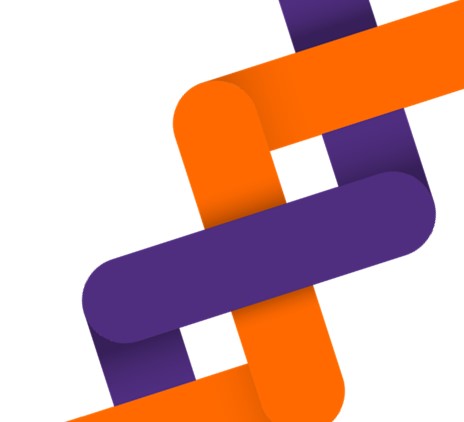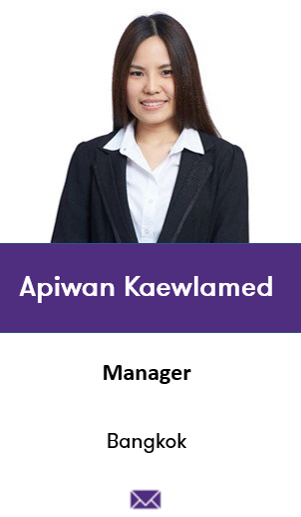For any industry reshaped by rapid technological growth, new business models must be accompanied by the development of complementary skillsets among its employees. The world of auditing is no different; as ever more advanced service capabilities raise client expectations, there is an increasing recognition among accountants that – as the saying goes – “what got you here won’t get you there”.
Indeed, auditors in the financial services industry have traditionally prioritised skills such as accounting, risk management, IT and data analytics when looking to land their desired job. Training in these areas will remain essential for some time to come; however, an oft-overlooked set of “soft skills” is becoming ever more relevant in today’s age of digital transformation. These abilities emphasise the human side of business interaction, where interpersonal communication leads to understanding in a way that technology alone cannot yet replicate.
With technology now playing a massive role in the finance industry along with other business sectors, auditors now have greater technical abilities at their fingertips than ever before. In such an environment, where computers can outperform even the best and most experienced auditors at fundamental tasks, the traditional role of the auditor can now expand into new areas.
It is therefore worth exploring the challenges and opportunities of this new ecosystem, with an eye toward the particular skills that auditors can develop in order to differentiate themselves from their fellow auditors – as well as their silicon-based assistants.
Be a great carrier of ideas
While advances in AI have led the way forward in this age of digital transformation, harnessing the full power of new software still depends on human supervision and expertise. It also requires auditors who can fill in the gaps left by AI programmes, to develop a more comprehensive picture of the client’s business. Such worthwhile objectives can only be reached by auditors who have developed the nuanced and delicate traits of being a good communicator and leader.
Solid communication skills are as important as they are rare. A 2016 survey by Workforce Solutions Group demonstrated that communication skills represent the highest priority for employers across various industries; however, two-thirds of these businesses noted that their job applicants lack those very same skills. One of the many lessons from this research is that applicants with great communication skills will stand out amidst the competition.
The value of communication is especially pronounced when carrying out projects such as auditing, where an evaluation of complex systems depends on a deep understanding of the client’s aims and intentions. To become an efficient auditor, one must clearly and concisely communicate thoughts and ideas to people at every level of the client’s organisation, in order to learn more about the specific situations they face and the reasons behind their internal decision-making processes.
Keep the doors for improvement open
Good communication skills are essential, but a successful auditor should also remain motivated to achieve constant improvement. There is always more background information to learn, and deeper analysis to offer to clients. Auditors should be keen to obtain in-depth knowledge of the client organisation’s culture and environment, as well as the full potential of the new AI-based auditing tools at their disposal.
This drive toward learning and improvement can distinguish an expert auditor from others in the field. Keeping up with auditing trends, understanding the client organisation's internal processes, and developing a thorough knowledge of what drives its success can make all the difference between a cursory review and a deeply insightful, comprehensive audit.
Brace yourself for a heavy workload
Self-organisation is another key skill among top-tier professionals in the auditing industry. A career in auditing usually involves a heavy workload, where auditors have to do several things at the same time and report to different departments. Getting their priorities right is therefore another critical, yet overlooked, ability for auditors to focus on.
The ability to manage time is mandatory considering the notoriously tight project timelines that tend to accompany audits. Although the concept sounds easy enough in theory, it is not an easy task to execute. By treating time as a valuable resource, and setting clear goals for each block of time on their schedule, auditors can make the best use of every hour of the day.
Lead the way
All employees should see themselves as leaders who take the initiative whenever the situation is right. In today’s complex business environment, businesses can no longer depend on higher-ups to make every decision, as rigid hierarchies tend to slow down the flow of operations. Auditing firms actively seek employees who are innovative, make mature judgments on their own, and are always willing to go the extra mile.
Using innovation to augment current business processes can deliver remarkable outcomes, provided the implementation is performed carefully alongside best practices within the industry. Audit software combined with continuously improving data analysis experience can greatly enhance an auditor’s ability to find solutions to business issues within the client organisation.
Be a professional sceptic
While embracing good communication skills, time management strategies, leadership instincts, and innovative auditing techniques, auditors must also remember to maintain a healthy sense of professional scepticism. A mindset aimed at critical evaluation of audit evidence can serve to spot anomalies and other noteworthy features of the client organisation that are deserving of closer inspection.
Given that professional scepticism is a vital element of efficient audits as well as a fundamental ingredient of audit quality, the validity of the analysed and provided information should be checked and monitored by auditors through suitable procedures that are well documented within the industry.
Bottom line
Artificial Intelligence and other related technologies have much to contribute to the modern world, particularly in the world of finance and auditing. Nonetheless, they cannot match humans’ own morals and intuition, leadership qualities, or interpersonal skills. These attributes can bridge the wide gap between blind but efficient software programmes, and the ability of auditors today to use all the tools at their disposal to reach their maximum potential.
When taken alone, both humans and machines have considerable weaknesses as auditors. Paired together, however, their abilities are unmatched – thanks to the wide range of soft skills that the best auditors can bring to the table, which complement the superior number-crunching and record-keeping abilities of today’s cutting-edge AI software.

